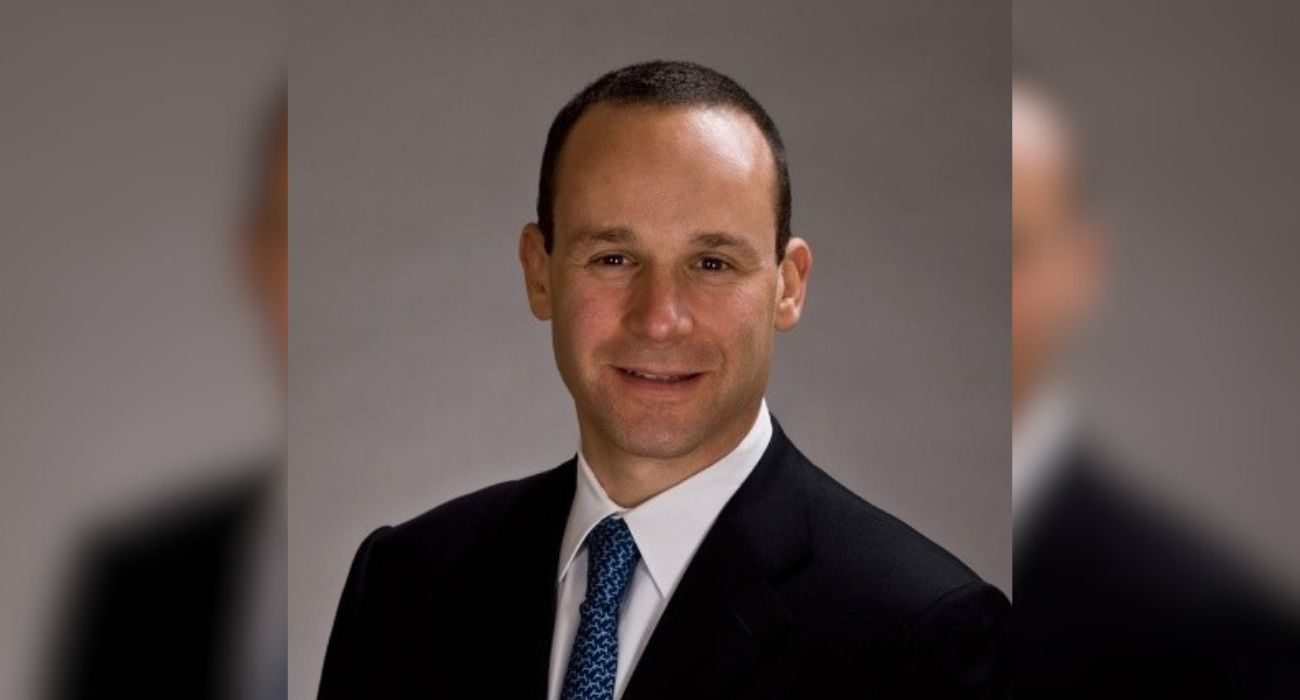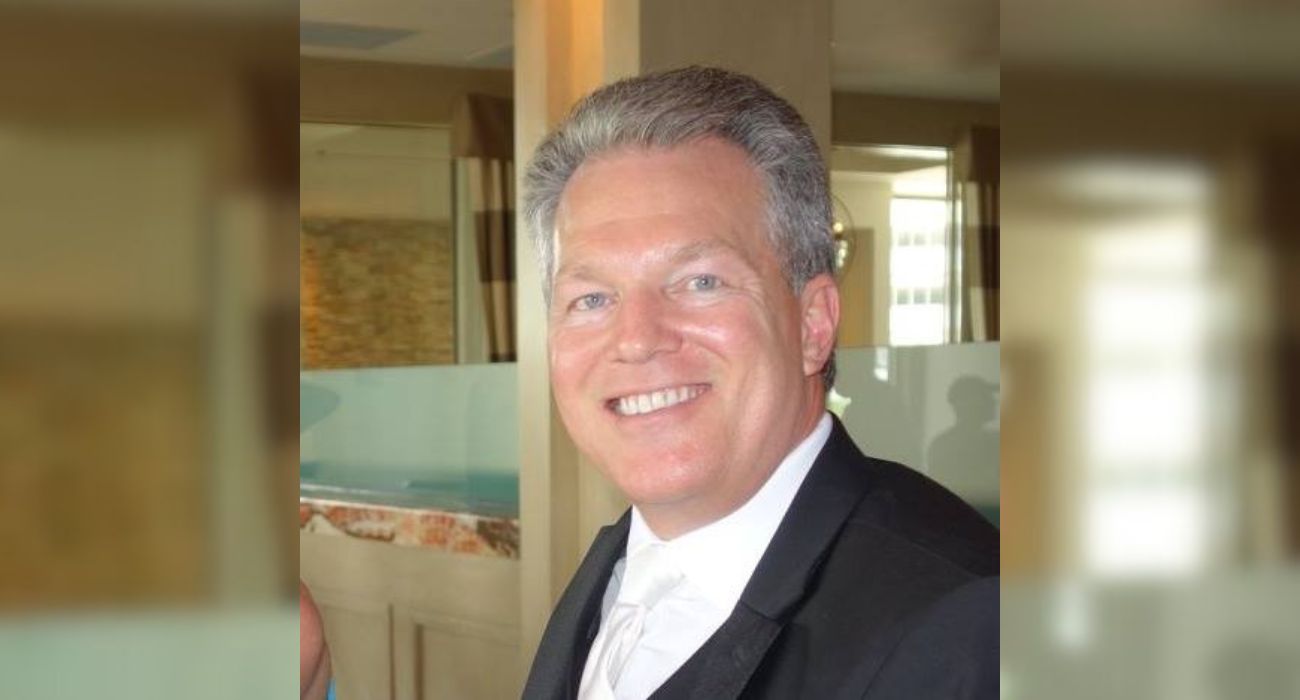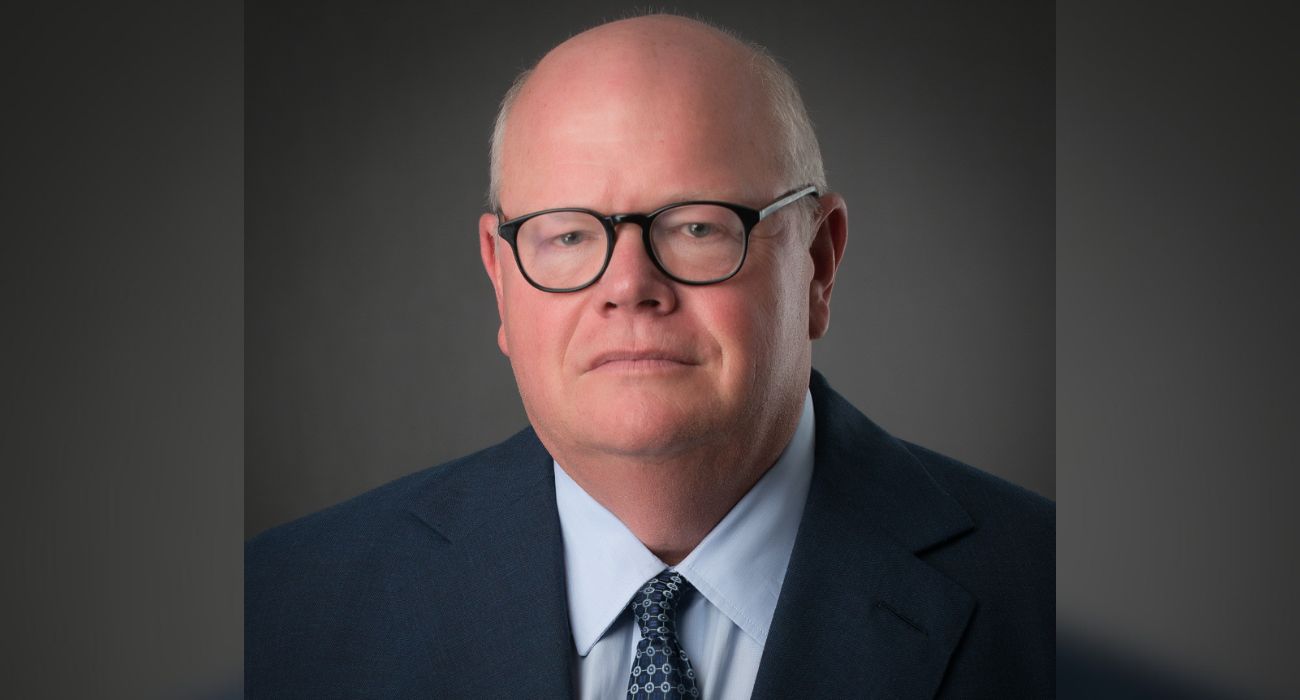Dallas developer Peter Brodsky likes juggling a lot of balls at once.
After working as an investment banker early in his career, Brodsky, 52, has spent the last few years focused on turning the Red Bird Mall and its surroundings in southern Dallas into a new mixed-use development — dubbed “RedBird” — and trying to tackle the city’s problem with homelessness and vagrancy.
“My wife [Lael] says I am the most disorganized person she has ever met,” Brodsky said in an interview with The Dallas Express. “But there are a lot of hours in a day. I have a great team at RedBird, so I am not the person who is personally overseeing the construction and management. I just have to keep abreast of what is going on.”
“I don’t think I have ever worked a 40-hour week in my life,” Brodsky said. “I am at a point in my life where my youngest child is about to leave for college, so I have a lot of hours that I used to spend with my kid that I am able to fill with things I am passionate about.”
The Red Bird Mall is at the intersection of U.S. Highway 67 and Interstate 20 in South Dallas. Brodsky said it is 10.7 miles from downtown Dallas. Though it has lost some anchor tenants, the mall has never closed.
Brodsky’s ownership group bought the mall in September 2015 and has been acquiring other properties surrounding it since, now controlling 100 acres. Courtyard by Marriott and Starbucks have committed to the redevelopment. UT Southwestern has moved into a newly constructed spot formerly occupied by Sears.
“We’re done with Phase One of the redevelopment,” Brodsky said. “If you look at the property, the entire site has been remade. All of the site work has been done, all of the new parking spaces are in, the new streets are in, and there’s a new facade on the mall.”
Brodsky said the redevelopment will continue into the near future, adding that he and his team continue listening to South Dallas residents about what they want.
“It is hard to say it’s done,” he added. “It’s like asking if Uptown Dallas was done in 2005. It had come a long way, but that sort of development and this one can go on for a long time. It has made a lot of progress.”
Brodsky was raised in Brooklyn, the son of attorney David Brodsky and step-grandson of economist Peter Bernstein. Bernstein dedicated his notable book about financial risk, Against the Gods, to the younger Brodsky.
“I’ve learned that you have to pay attention to the details,” Brodsky said. “When you pull on a string, you learn how long it is. You learn how far you can and cannot go without it impacting other parts of the project.
“I have learned the importance of community input. If the people you’re trying to serve do not like what you’re doing, they’re not going to patronize your businesses,” he added.
Brodsky also serves as the chairman of Housing Forward, formerly the Metro Dallas Homeless Alliance, an organization dedicated to ending homelessness. The nonprofit’s website says, “We can solve homelessness and create a community where every person has a safe and stable place to call home.”
After working with some groups doing point-in-time homeless counts — a measure of the number of homeless people on a specific day or night, including those both sheltered and unsheltered — in Dallas, Brodsky said he became curious about the problem.
“I was interested intellectually because it’s such a complex problem,” said Brodsky, who graduated from Yale and worked early in his career in Russia. “During the point-in-time counts, you’re face to face with people who are walking around at 11 at night with nowhere to go. You can engage them in conversation and learn what in their lives got them there.”
Brodsky said he will remain focused on RedBird and charitable work for the foreseeable future.
“I have learned the hard way that we do not know what is happening tomorrow,” Brodsky said. “RedBird is a huge investment for me. I have to make it work. I have made a lot of promises to people, and I have to make it work.”
“That’s going to take at least three or four more years,” he added. “No one in life can forecast too much further than that.”






